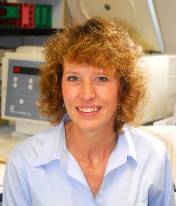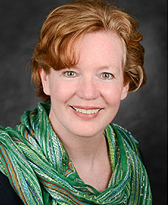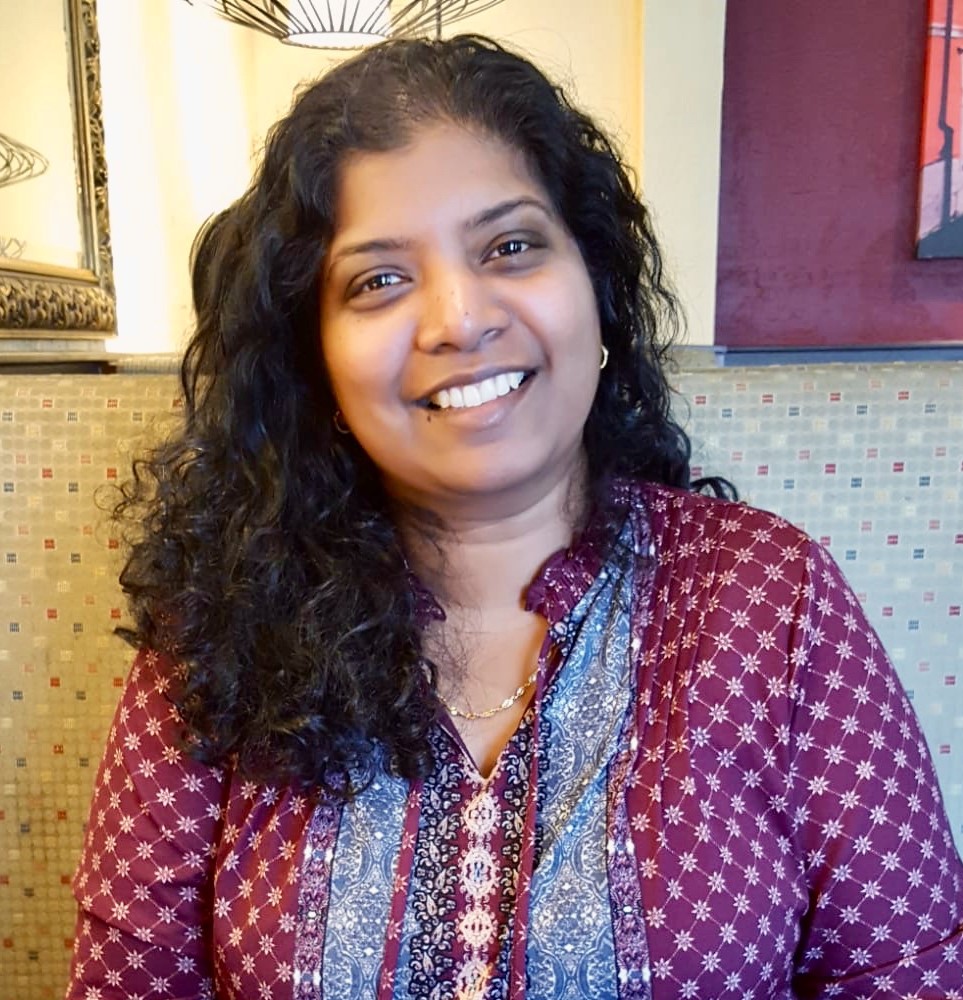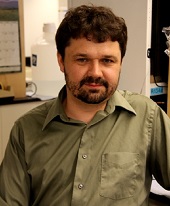Faculty

My laboratory is interested in how the Lyme disease spirochete, Borrelia burgdorferi, modulates its own epigenome and that of its host, and how those changes contribute to bacterial survival and human disease.

Holly Brown-Borg, Ph.D.
Chester Fritz Distinguished Professor
701.777.3949
holly.brown.borg@UND.edu
My lab is interested in understanding the pathways and mechanisms utilized by hormones that lead to delayed aging and less age-related disease. Reduced signaling of the somatotropic axis results in increased cellular stress resistance, maintenance of a young DNA methylation profile, increased health span and extended life span in mice.

Diane Darland, Ph.D.
Professor
701.777.4597
diane.darland@UND.edu
My lab investigates the neural-vascular interactions in early cortical development, focusing on the epigenetic mechanisms that regulate (1) intrinsic cell fate decisions and (2) microenvironmental influences on cell fate determination.

The overall goal of our research is to investigate epigenetic mechanisms underlying disease states. The basic questions that interest us are (a) how do epigenetic mechanisms regulate gene expression (b) what is the order of these changes, and (c) can we reverse these processes to better manage disease?

My lab is interested in studying the epigenetics mechnisms of skeletal muscle stem cells in aging and disease.

My lab investigates the epigenetic effects of early exposure to selective serotonin re-uptake inhibitors as a possible mechanism to persistent behavioral changes in adult mice.

Manu Manu, Ph.D.
Associate Professor
701.777.4671
manu.manu@UND.edu
My lab researches gene regulatory networks and gene regulation during hematopoietic cell-fate specification.

We are using Simian Virus 40 to address fundamental aspects of epigenetic regulation including the organization of nucleosomes on a genome and the role of histone modifications and variants during the initiation and repression of gene expression.

Kumi Nagamoto-Combs, Ph.D.
Assistant Professor, Neuroscience Outreach Director Behavioral Research Core Facility
701.777.2259
kumi.combs@UND.edu
Our research focuses on elucidating mechanisms of behavioral disorders triggered by inflammatory gut-brain communication. Using a mouse model of milk allergy, we investigate molecular events, including transcriptomic and epigenetic changes, that may lead to brain dysfunction.

The lab seeks to understand the mechanisms of transcription-induced epigenetic reprogramming. Using various in vitro cell culture models, we are developing new concepts and technologies to determine how environmental influences and chemotherapy drugs affect normal cell differentiation and influence progression of cancer.

Most cells in nature exit the cell cycle and enter a non-dividing state. Our research focuses on deciphering the molecular pathways that allow cells to maintain quiescence, and to avoid both senescence and improper cell cycle re-entry.

Our laboratory is interested in understanding the function of chromatin regulators (transcription factors and chromatin remodelers) in cancer. Recent large-scale genome profiling revealed frequent mutations on chromatin regulator genes in various cancers.

Epigenetics in normal development and pathogenesis, chromatin regulation, role of poly(ADP-ribose) metabolism in transcription regulation and oncogenesis, PARP-1 inhibitors in oncology, Drosophila and mammalian model organisms.

Structure-function properties of the dopamine transporter—a regulator of dopaminergic neurotransmission and site of action of cocaine and amphetamines.

The long term goal of the my laboratory is to utilize potentially novel epigenetic mechanisms to promote post-injury neuronal survival and regenerative process outgrowth in vivo and utilize this knowledge to reverse age-induced alterations in the epigenetic landscape to promote neuronal survival and process outgrowth in the mature mammalian CNS.